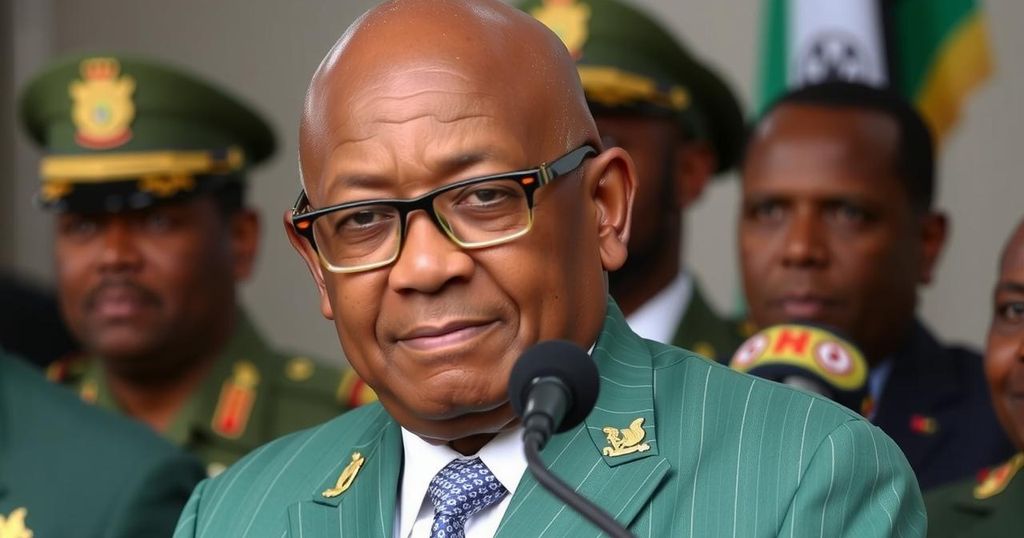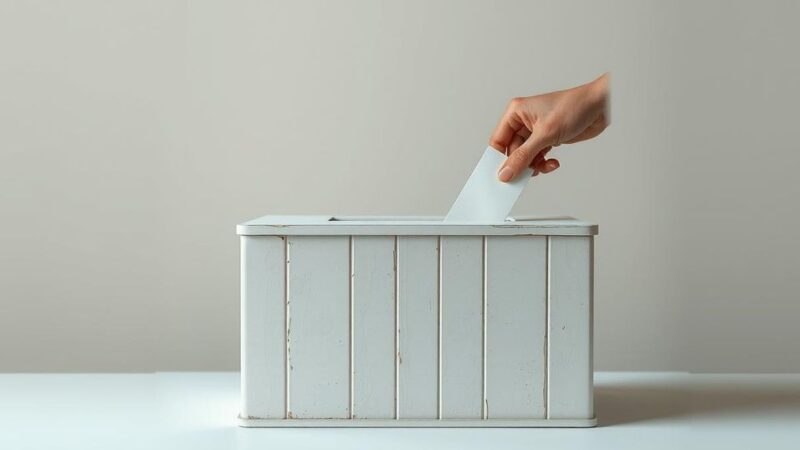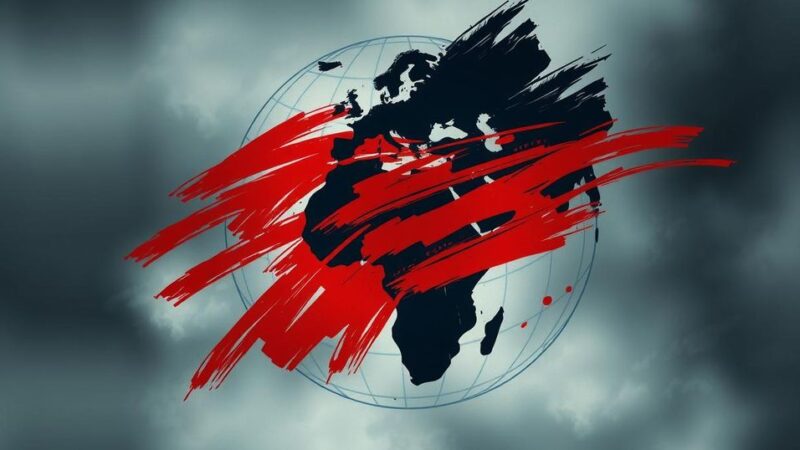Ramon Abrahams, vice-chairman of Suriname’s NDP, stated that the party has not requested a state funeral for former president Desi Bouterse, whose body is undergoing investigation following his recent death. Bouterse had evaded authorities after his conviction for human rights abuses. While a funeral may be organized soon, the party is currently focused on an autopsy and memorial activities.
In a recent statement, Ramon Abrahams, the vice-chairman of Suriname’s main Opposition National Democratic Party (NDP), affirmed that the party is not requesting a state funeral for the late former president Desi Bouterse. He expressed that if a state funeral is held, it will happen on its own terms. Bouterse, who passed away at the age of 79, had been a fugitive since December after being convicted of the 1982 murders of 15 individuals, leading to a 20-year prison sentence. Abrahams confirmed that Bouterse’s body was returned to his home but noted that a state funeral had not been organized due to the ongoing investigation and autopsy. The NDP plans to facilitate signing a condolence book while awaiting further developments regarding Bouterse’s remains.
Chairman of the National Party Suriname, Gregory Rusland, acknowledged Bouterse’s significant yet controversial legacy in Surinamese politics, urging the public to maintain calm amidst mixed reactions to the former president’s passing.
Desi Bouterse served as President of Suriname from 2010 until 2020 and had a tumultuous career marked by both military rule and democratic leadership. His tenure was overshadowed by allegations of human rights abuses, including the notorious 1982 killings of military and civil leaders. Following his convictions for these crimes, Bouterse was evading law enforcement prior to his death. The response to his passing has been complex, reflecting the divided public opinion regarding his legacy.
In summary, while the NDP has not formally requested a state funeral for Desi Bouterse, the possibility of one remains open as circumstances evolve. Bouterse’s death has revived discussions about his controversial role in Surinamese politics. The national reaction is mixed, highlighting the impact of his legacy on various segments of society.
Original Source: www.jamaicaobserver.com







